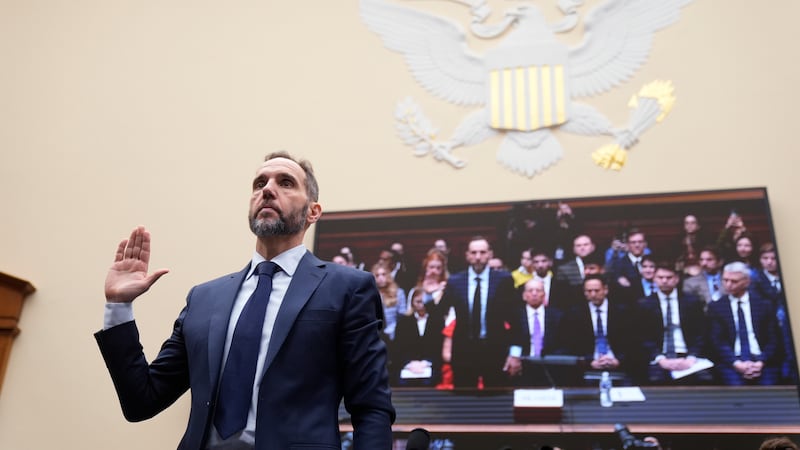John Bolton, former national security adviser under President Trump, appeared in federal court and pleaded not guilty to 18 charges. The charges accuse him of unlawfully transmitting and retaining national defense information. He denied wrongdoing, arguing that the evidence was either not classified or already known to authorities.
Because the case involves sensitive materials, prosecutors brought the indictment in Maryland, and Bolton was released on his own recognizance pending trial. The judge restricted his travel and required him to surrender his passport during proceedings.
What Prosecutors Allege
Prosecutors say Bolton shared over 1,000 pages of notes with his wife and daughter via personal email accounts. They claim those notes contained intelligence from meetings, briefing documents, and foreign interactions. In addition, they allege that he stored classified files at his Maryland home and Washington, D.C., office. Investigators also point to a 2021 hack on his email account, which might have exposed sensitive content to foreign actors.
The indictment includes eight counts of “transmission” and ten counts of “retention” of national defense information under the Espionage Act. If convicted, Bolton faces decades in prison, depending on counts that carry up to 10 years each.
Bolton’s Defense and Political Framing
Bolton’s legal team contends that the contested notes came from his personal diaries and did not contain classified information. They maintain that he shared them only with his immediate family and that the FBI already knew about the materials years ago. His attorney says this case stems from portions of his diary across 45 years in public service.
Moreover, Bolton is casting the charges as politically motivated. He argues that the case fits a pattern: many Trump critics are facing federal scrutiny or legal actions. He insists the Justice Department is using its powers to intimidate his critics.
Legal Stakes and Comparison
Legal analysts note that Bolton’s case may prove more challenging for the defense than similar cases. Unlike some prosecutions tied overtly to Trump appointments, this indictment came from career prosecutors in Maryland, giving it greater perceived legitimacy.
Because the material at issue involves sources, methods, and foreign threats, the court will likely apply the Classified Information Procedures Act (CIPA). That law determines how classified evidence can be presented without compromising national security. Experts expect pretrial motions to play a critical role in shaping the trial.
Conclusion
Bolton’s not guilty plea sets the stage for a high-stakes courtroom showdown over how far government officials may carry classified insights after leaving office. While the government accuses him of jeopardizing U.S. security, his defense frames the case as overreach and political targeting. The outcome could shape future rules on how former officials handle sensitive information.
Bonus Read: Trump Unveils Plan for Washington Arch




https://shorturl.fm/np6rX